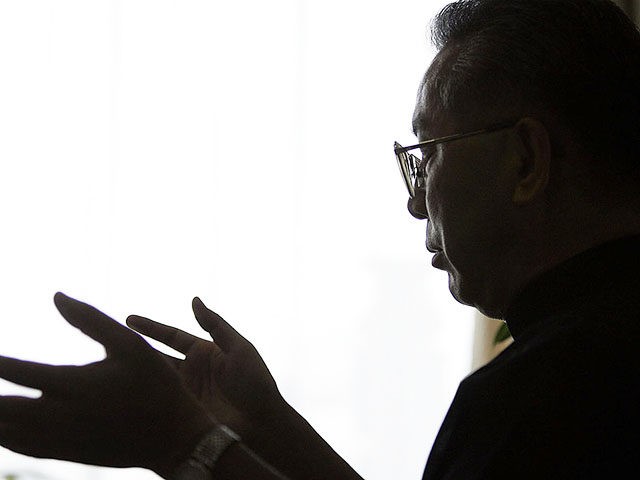The Catholic Bishops’ Conference of Japan issued a statement on the 74th anniversary of the bombing of Hiroshima and Nagasaki calling for the abolition of nuclear weapons.
In order to build and secure peace and security in the world, it is necessary “to eliminate the nuclear threat by abolishing nuclear weapons,” reads the statement signed by Nagasaki Archbishop Mitsuaki Takami, the president of the Japanese Bishops, and at the same time “to make all people richer in all aspects.”
“With Pope Francis, we wholeheartedly pray to the God of peace that we can build peace by being deeply involved in the integral development of all while seeking the realization of the abolition of nuclear weapons,” the text states.
The bishops’ statement commemorates the August 6, 1945, bombing of Hiroshima during World War II, which killed over than 100,000 people. Three days later, the United States dropped a second atomic bomb on Nagasaki, which killed some 74,000 people and led to Japan’s surrender on August 15, bringing the war to a close.
In 1982, the Japanese Church inaugurated an annual “Ten Days of Prayer for Peace,” celebrated from August 6 to August 15 to pray for peace. The initiative came after Pope John Paul II traveled to Japan in February 1981, at which time he visited both Hiroshima and Nagasaki.
“War is the work of man. War is destruction of human life. War is death,” John Paul said during a visit to the Hiroshima Peace Memorial on February 25.
“Nowhere do these truths impose themselves with as much force as in this city of Hiroshima, at this Peace Monument,” John Paul said. “Two cities whose names will forever be associated with each other, two Japanese cities, Hiroshima and Nagasaki, as the only cities in the world that have suffered the ill fortune of being a memorial to man’s capacity for incredible destruction.”
“Their names will always bear the distinction of being the only cities of our time chosen to warn future generations about how war can destroy human efforts to create a world of peace,” he said.
“To remember the past is to work for the future,” the pope said, inspiring Japan’s bishops to observe Ten Days of Prayer for Peace from August 6 to 15, every year since the year after his visit.
In their communiqué this week, the Japanese bishops also express hope for the upcoming visit of Pope Francis.
“Pope Francis will visit Japan in November this year, 38 years and nine months after John Paul’s Hiroshima Peace Appeal, and we look forward to his sending a new peace message to the world,” the bishops said.
The mayor of Nagasaki, Tomihisa Taue, said last month he hopes the pope will help bring to fruition Japanese dreams that “Nagasaki be the last atomic bombing site” in history.
As Catholic News Service reported, Nagasaki has been referred to as the “cradle of Christianity” in Japan, and when the country was reopened to the West in 1853 after two centuries of fierce anti-Christian persecution, Christian missionaries discovered some 30,000 Christians, mainly in Nagasaki, who had held onto the faith for decades with no outside support.
When the second atom bomb struck Nagasaki, it killed some 8,000 Catholics out of a total of some 60,000 Catholics in the Nagasaki Diocese at the time. Many of the faithful were praying in the nearby Nagasaki cathedral on the morning of August 9, 1945. The bomb killed them all and demolished the cathedral.

COMMENTS
Please let us know if you're having issues with commenting.